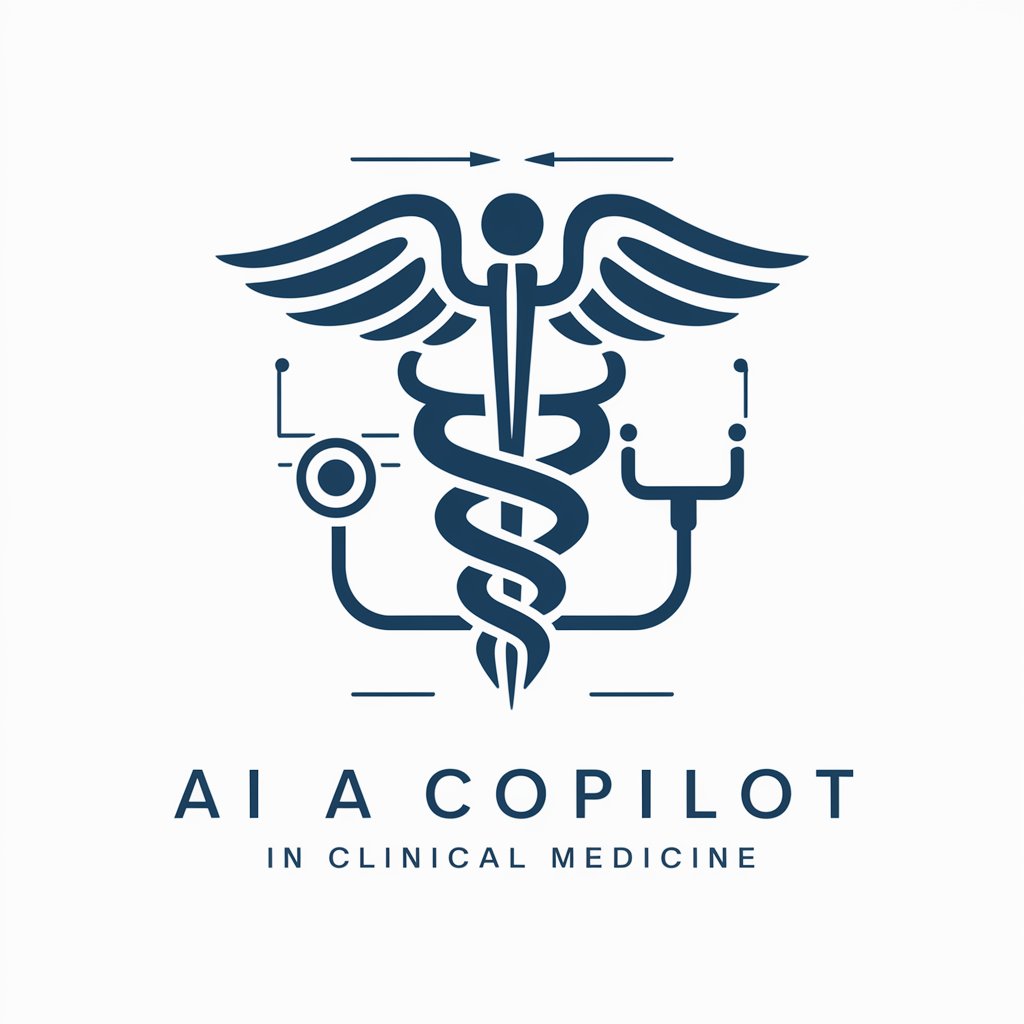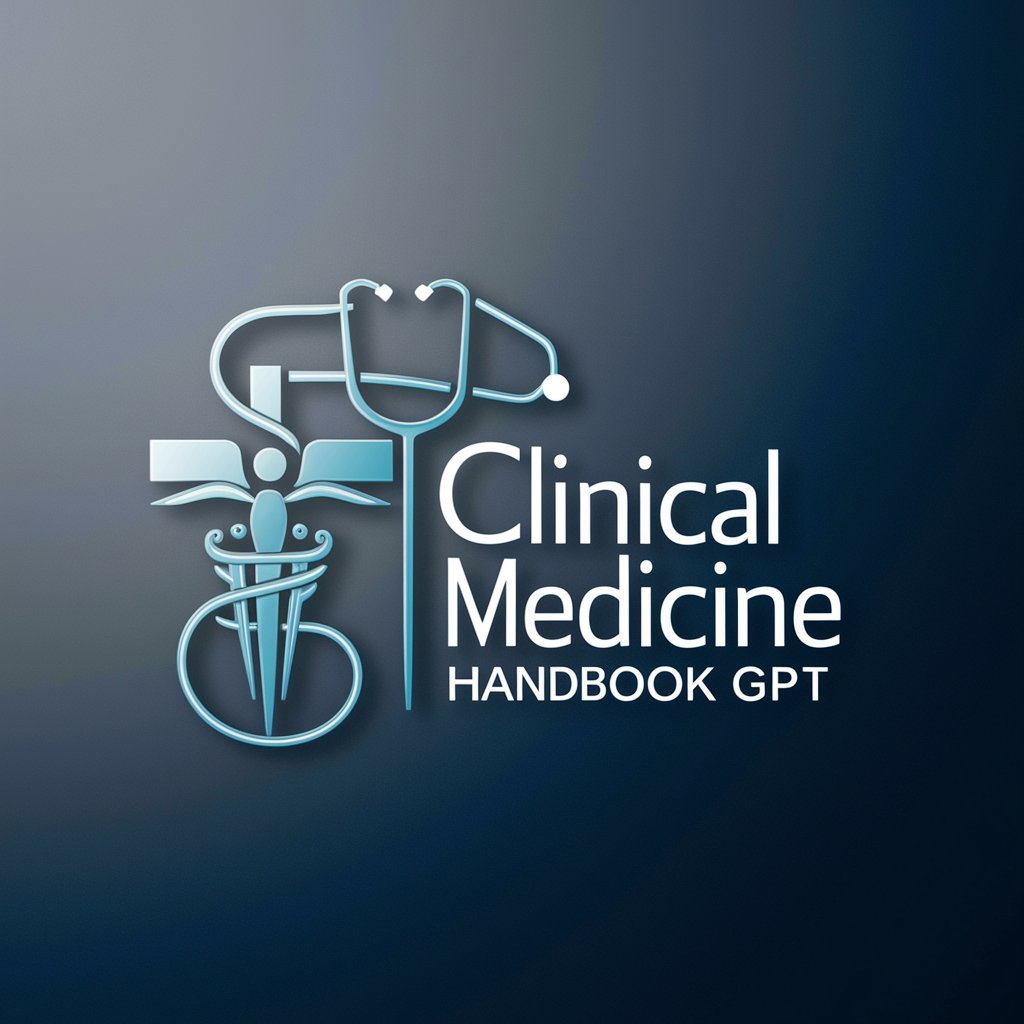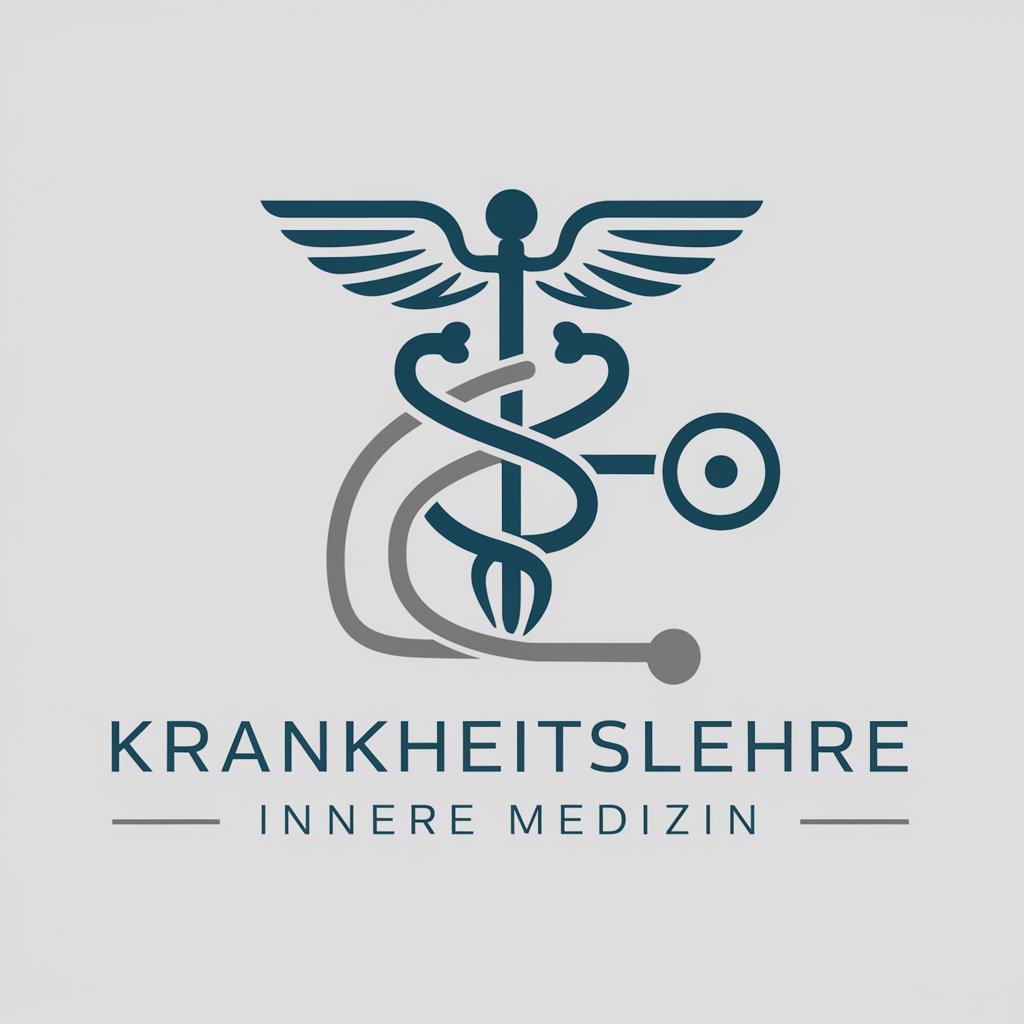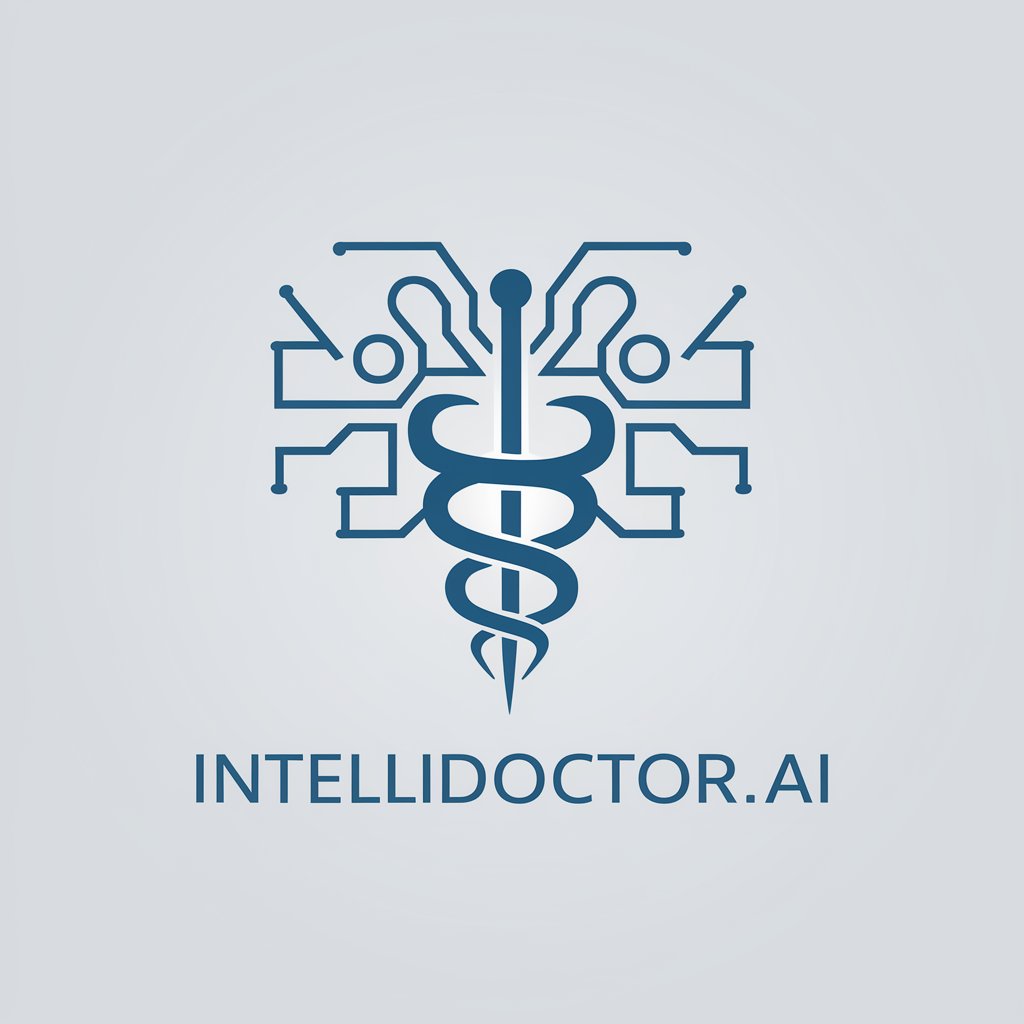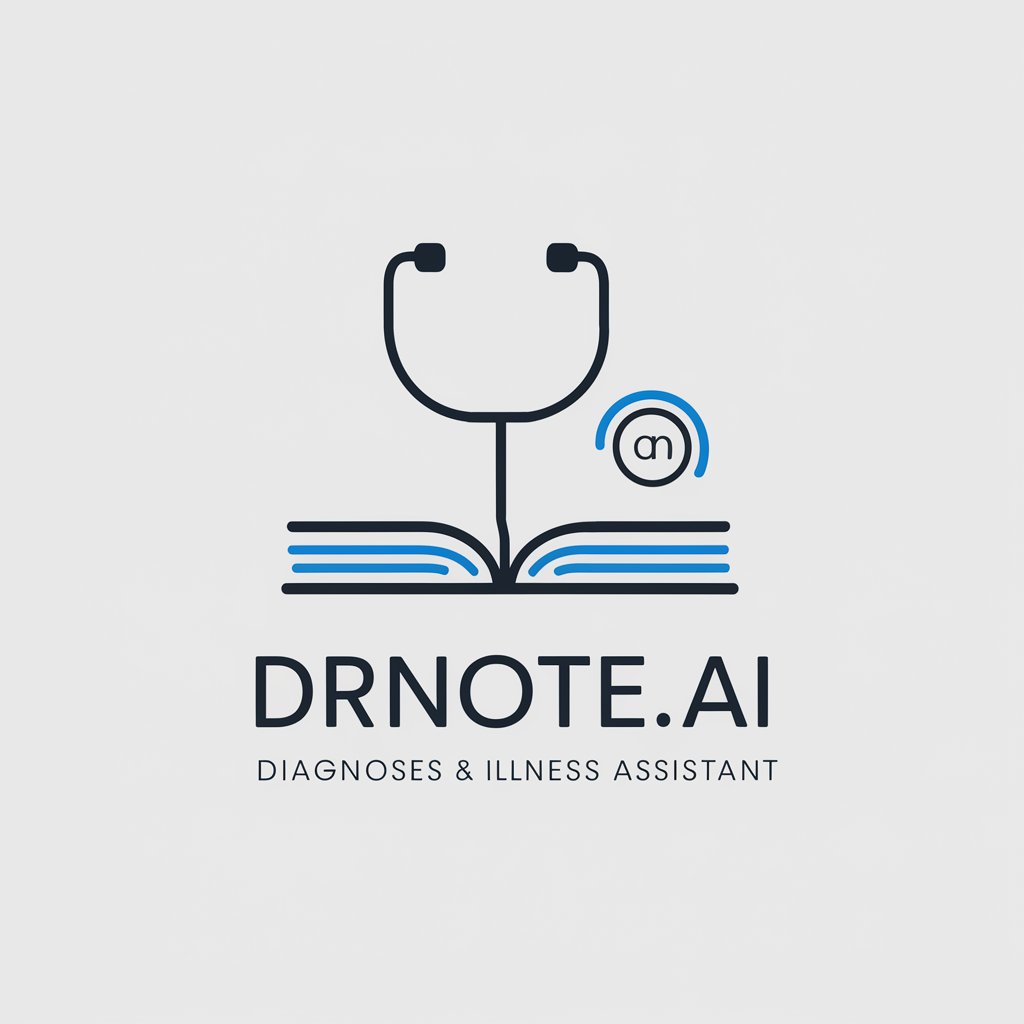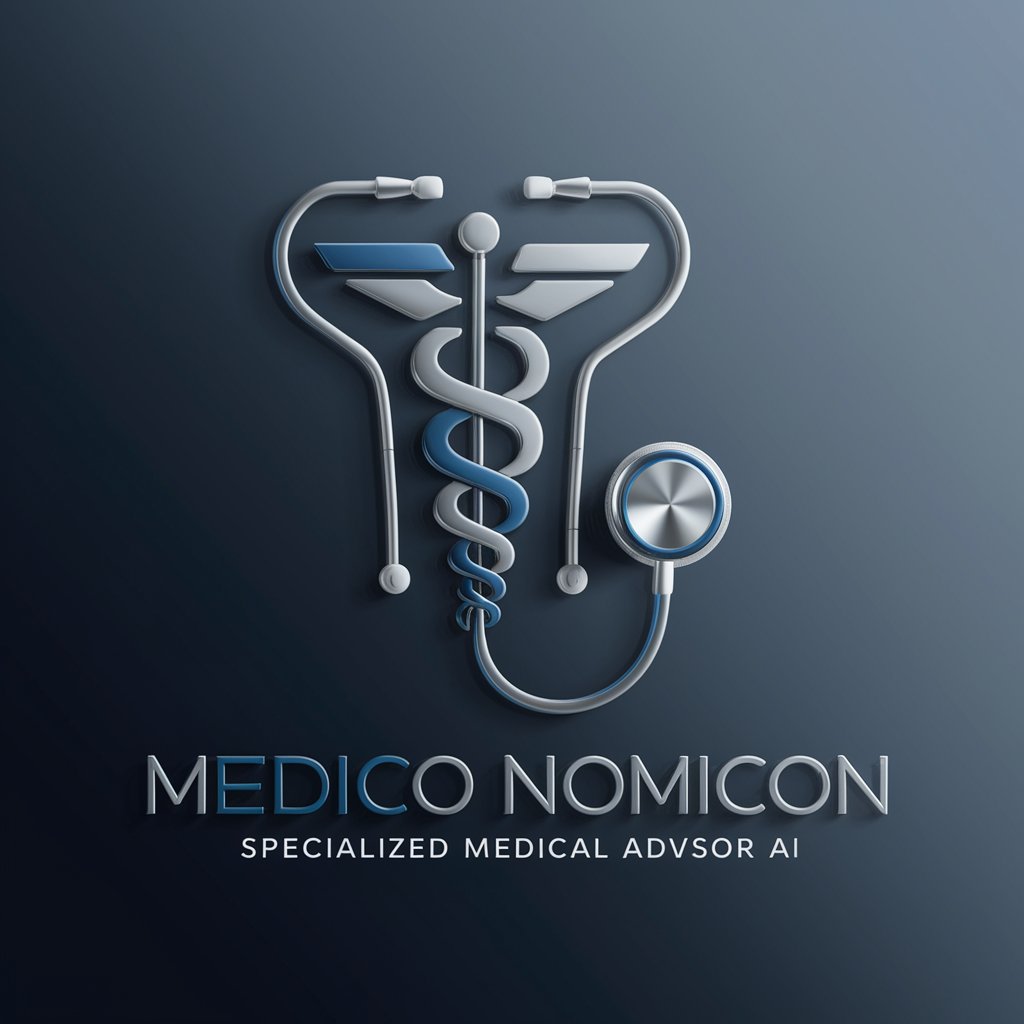
World dictionary of diseases - Comprehensive Disease Information
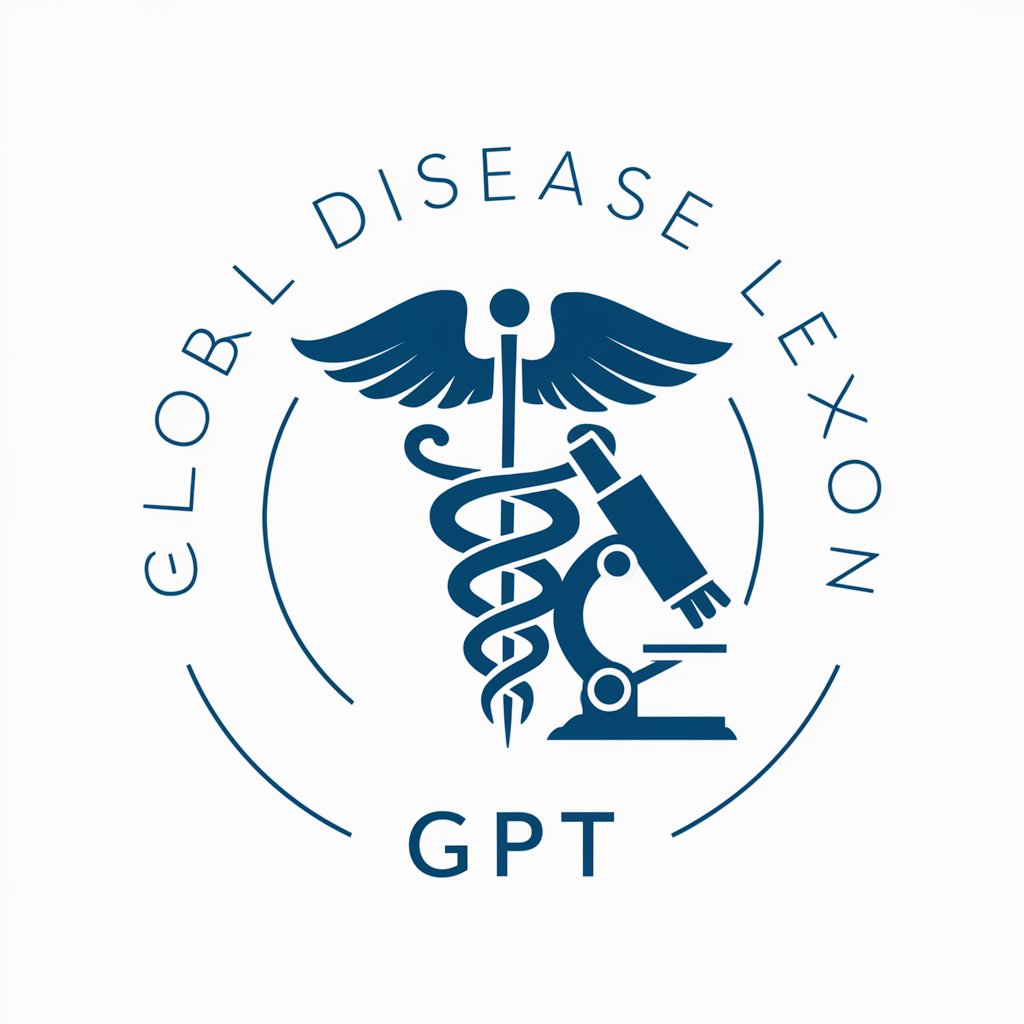
Welcome to the Global Disease Lexicon GPT, your comprehensive resource for disease information.
Empowering Health Knowledge with AI
Explain the symptoms and causes of...
Provide the historical background of...
Discuss the latest research and treatments for...
What are the prevention strategies for...
Get Embed Code
Overview of World Dictionary of Diseases
The World Dictionary of Diseases is a comprehensive, digital lexicon dedicated to providing detailed information on a wide range of registered diseases. Designed to serve as an extensive reference, it includes medical definitions, historical data, and a complete overview of various aspects of diseases. The design purpose is to offer a balanced and complete coverage of diseases, ensuring that each is given equal attention without prioritizing any. This platform is grounded in providing information that is factual and verified, strictly avoiding speculative content. It is not a substitute for professional medical advice but rather a resource for enhancing general knowledge about diseases. Powered by ChatGPT-4o。

Key Functions and Applications
Providing Medical Definitions
Example
A user searches for 'Multiple Sclerosis'. The platform offers a detailed definition, including symptoms, causes, and progression of the disease.
Scenario
Useful for students and educators in understanding the clinical aspects of diseases.
Historical Data on Diseases
Example
A researcher inquiring about the history of Tuberculosis receives information on its discovery, historical treatments, and epidemiological data.
Scenario
Beneficial for researchers and historians studying the evolution of diseases over time.
Balanced Coverage of Diseases
Example
A user interested in rare diseases like Pantothenate Kinase-Associated Neurodegeneration gets the same detailed information as for more common diseases like Diabetes.
Scenario
Important for medical professionals and patients looking for information on less common diseases.
Avoidance of Speculative Information
Example
In response to queries about unproven treatments or emerging diseases with limited data, the platform provides information based only on verified sources.
Scenario
Crucial for maintaining the reliability and trustworthiness of the information, especially in the era of misinformation.
Target User Groups
Medical Students and Educators
These users benefit from the detailed definitions and historical data, aiding in their studies and teaching.
Healthcare Professionals
Doctors, nurses, and other medical staff use the platform to refresh their knowledge and stay updated on various diseases.
Medical Researchers and Historians
This group utilizes the historical data and comprehensive disease coverage for research purposes and historical analyses.
General Public
Individuals seeking to increase their understanding of specific diseases, either for personal knowledge or due to a personal or familial health condition, find this resource valuable.
Policy Makers and Health Organizations
These users access the platform for data and information that inform policy decisions and public health strategies.

How to Use the World Dictionary of Diseases
1
Start by accessing the platform through yeschat.ai for an introductory experience without the need for a subscription or ChatGPT Plus.
2
Utilize the search function to look up specific diseases by name, symptoms, or related terms to find detailed information.
3
Explore comprehensive disease profiles, including definitions, symptoms, causes, treatments, and historical data.
4
Take advantage of the tool's educational resources for a deeper understanding of diseases, including preventive measures and global health impacts.
5
Regularly consult the platform for the latest updates and research findings, ensuring the most current information is at your fingertips.
Try other advanced and practical GPTs
Dictionary
Empower your language with AI
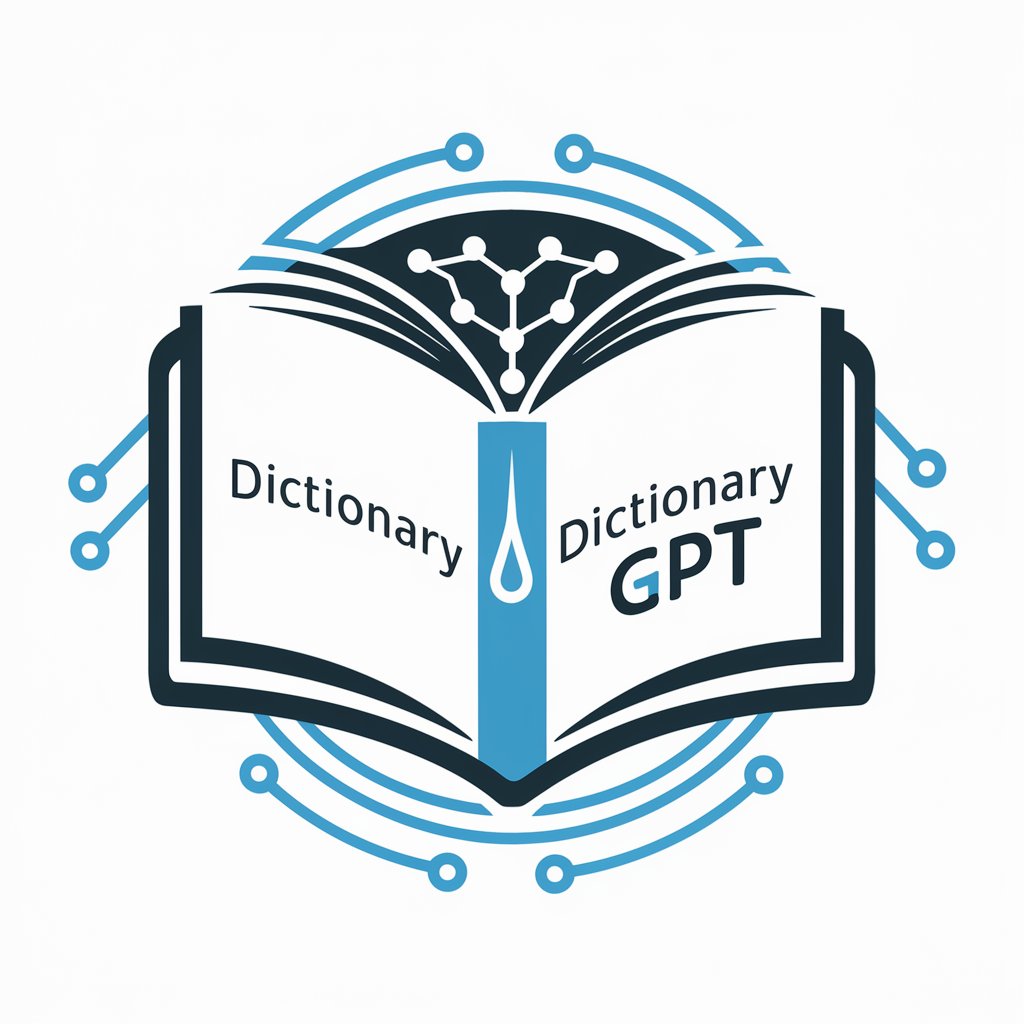
30 English Expressions
Discover English, Express Differently
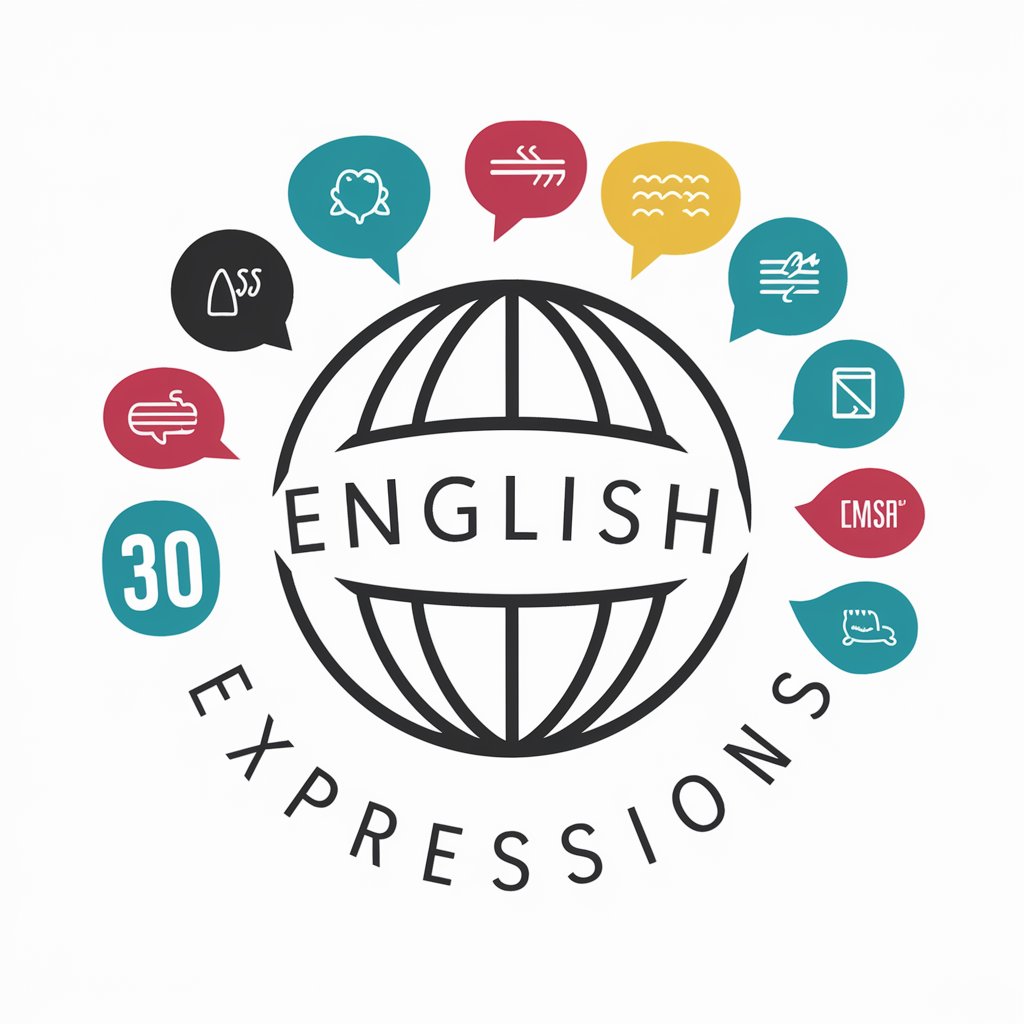
Isaac GPT Creator
Empowering Innovation with AI
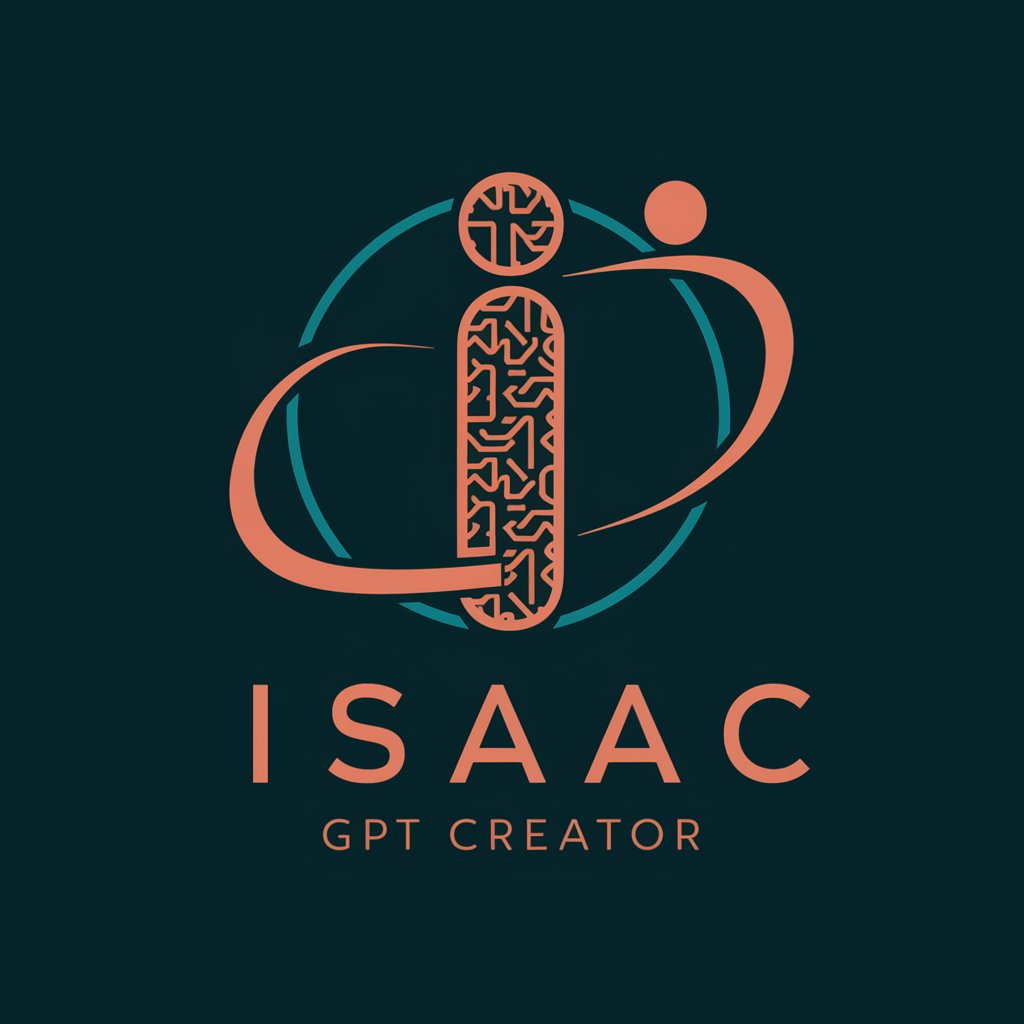
Historical Points of View
Wisdom from the Past, Powered by AI
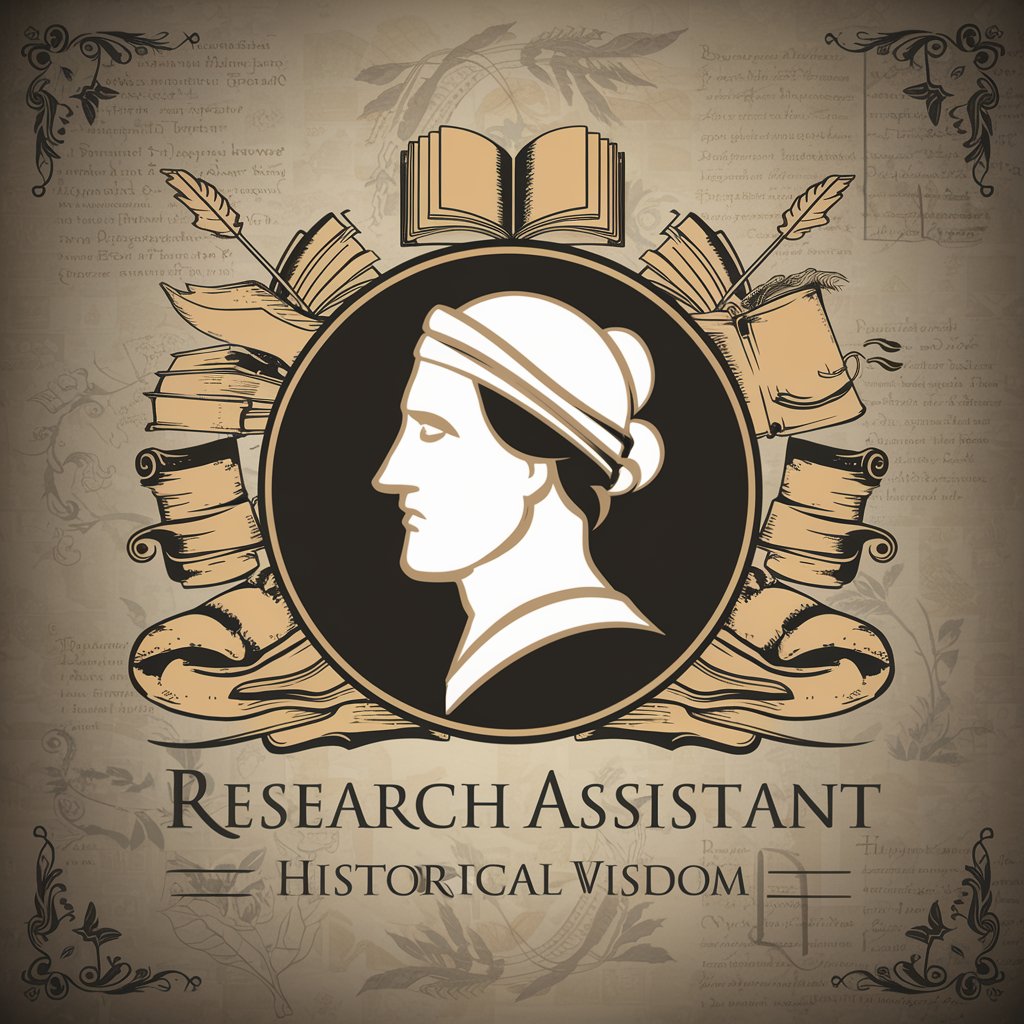
Web Designer
Craft Stunning Websites with AI

DesignWise: AI for Human-Centered Innovation
Empowering design innovation with AI
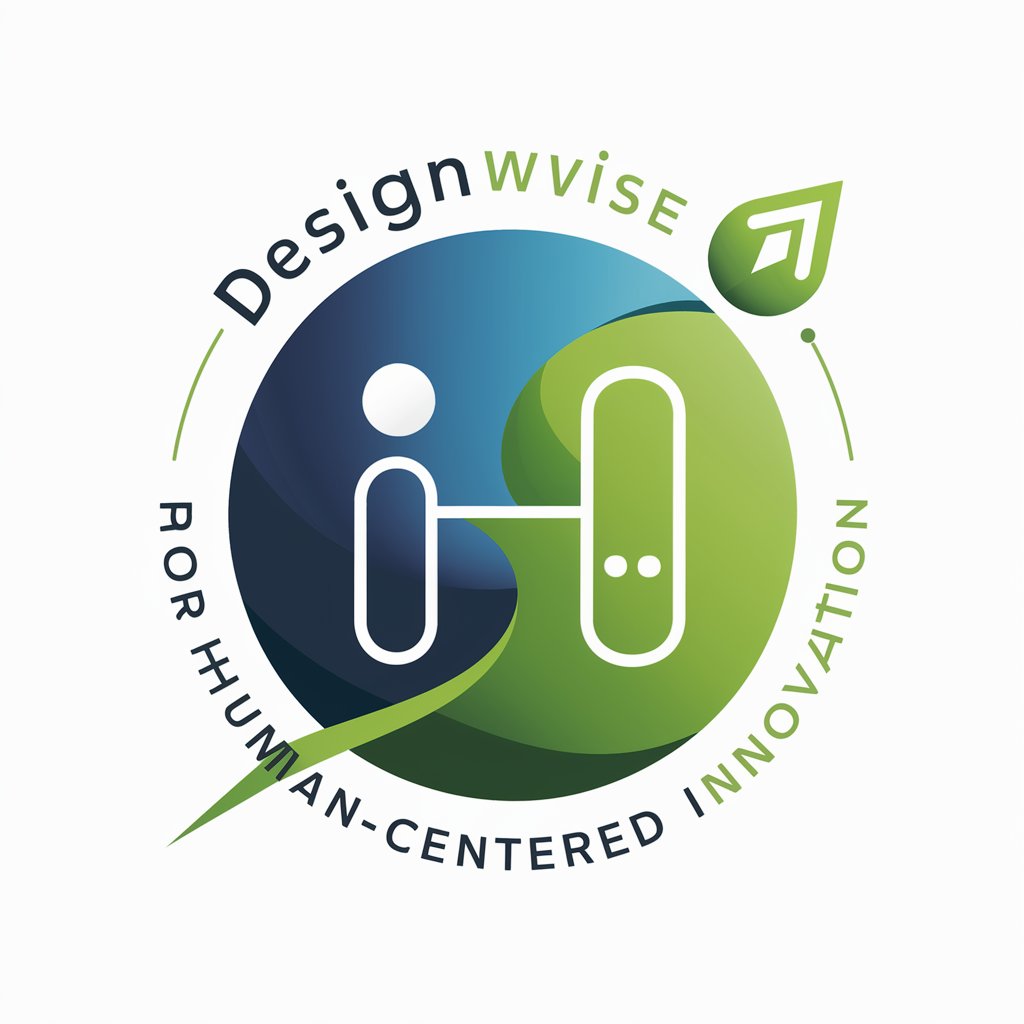
Diet Guru
AI-Powered Custom Diet Assistance
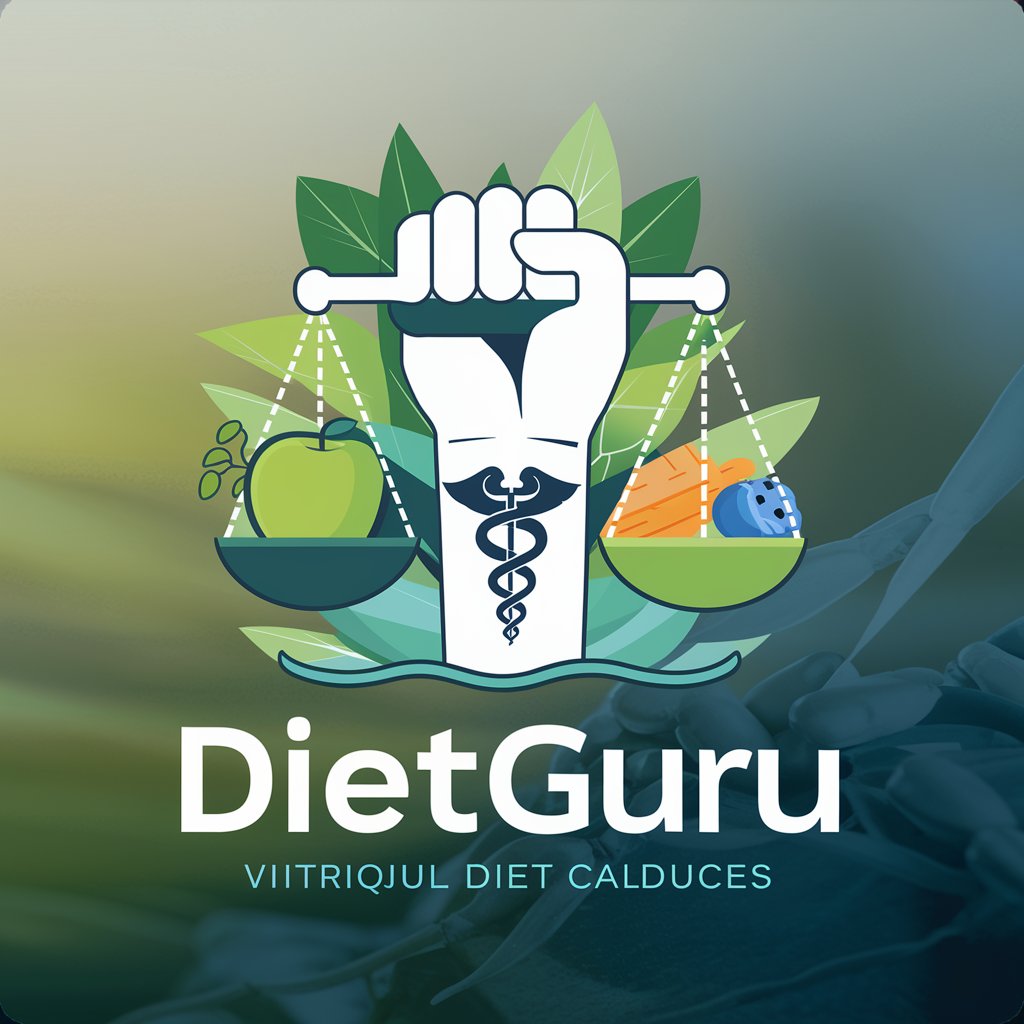
Historic Sites Finder
Discover history with AI-powered guidance

🥗 Meal Planner and Helper 🍛
AI-powered Custom Meal Solutions

Nutrition and Diet Consultant
AI-powered Custom Diet Planning

Nutri-Chat
Empower your diet with AI insight

Insightful Peak Explorer
Unlock insights from top newsletters with AI
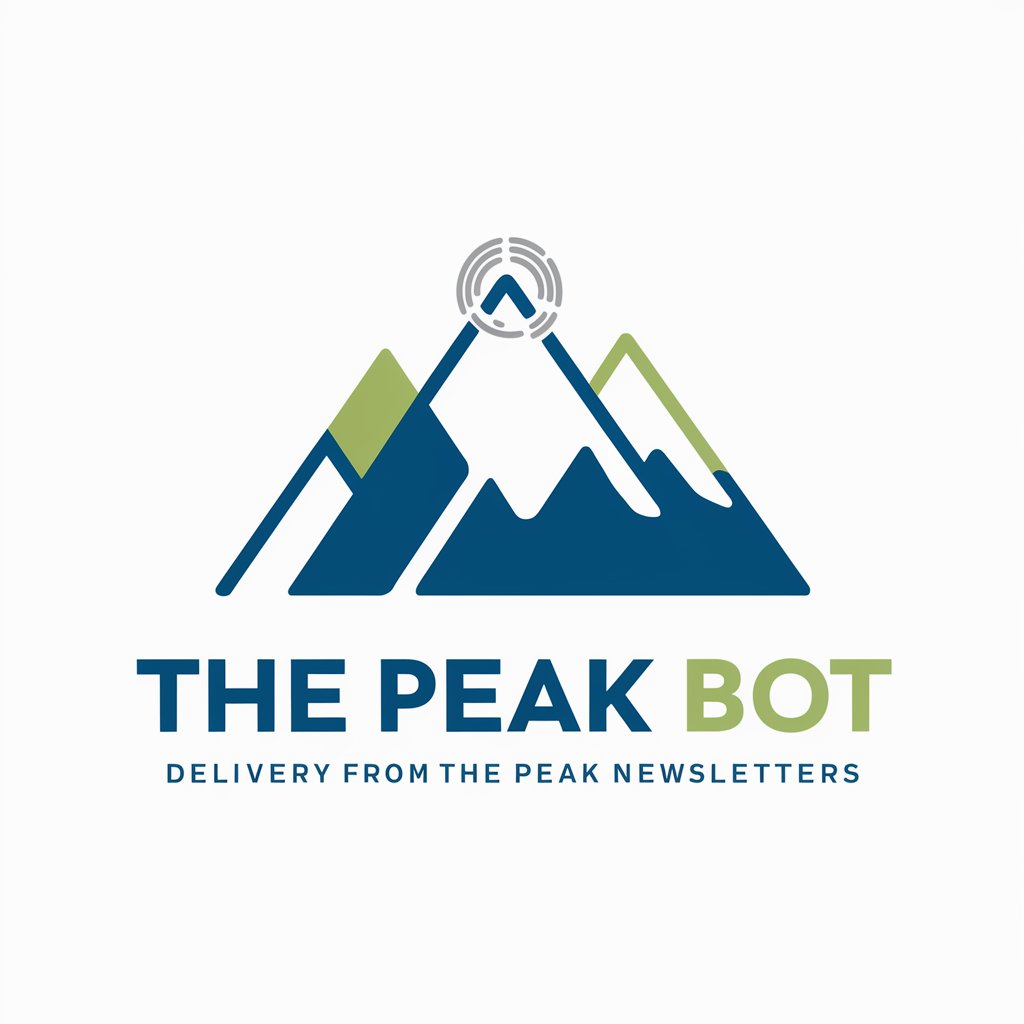
FAQs on the World Dictionary of Diseases
What type of information can I find about each disease?
You can find detailed profiles for each disease, including medical definitions, symptoms, causes, possible treatments, and preventive measures, as well as historical data and recent research findings.
Is the World Dictionary of Diseases suitable for academic research?
Yes, it is a valuable resource for students, educators, and researchers, offering in-depth information and references that are ideal for academic projects, papers, and studies.
Can I use this tool for diagnosing health issues?
While the platform provides comprehensive information, it is not a substitute for professional medical advice. It is crucial to consult healthcare professionals for diagnoses and treatment plans.
How often is the disease information updated?
The database is regularly updated with the latest medical research and findings to ensure the information remains current and reliable.
Can the tool help me understand rare diseases?
Yes, it includes information on a wide range of diseases, from common to rare, providing insights into symptoms, causes, and research related to less common conditions.
